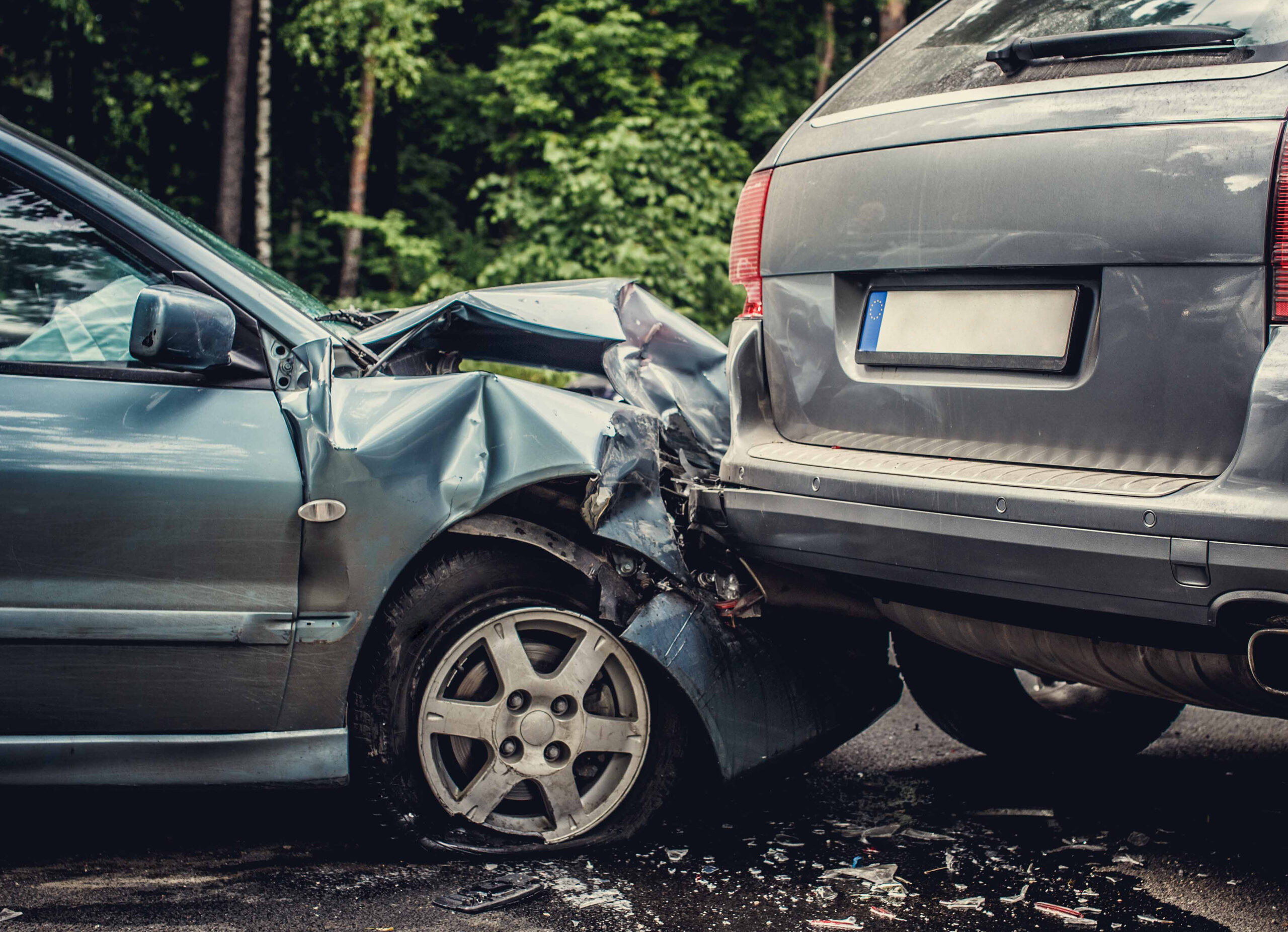Now Reading: Car Accidents Involving Rideshare Vehicles: Who Pays for Damages?
-
01
Car Accidents Involving Rideshare Vehicles: Who Pays for Damages?

Car Accidents Involving Rideshare Vehicles: Who Pays for Damages?
In Las Vegas, Nevada’s thriving rideshare industry can lead to complex accident scenarios. With Uber and Lyft drivers on the road, determining liability for damages becomes a challenge. The Nevada Department of Motor Vehicles reports an average of 1,200 rideshare-related crashes annually in Clark County, often involving multiple parties with competing interests. In such a case, it would be in your best interest speak with a lawyer.
The aftermath of a car crash can feel overwhelming, especially when ridesharing cars are involved. Figuring out who covers the costs usually means diving into insurance plans and legal responsibilities. This piece can be your go-to for untangling the web of confusion that often follows events. This article offers a roadmap of what you might encounter and how to move forward smoothly.
Insurance policies of companies
When using rideshare services like Uber or Lyft as a driver or passenger, you are generally covered by insurance provided by the company. However, the extent of coverage can differ based on the driver’s activity at the time of an accident. Instances where a driver is online but hasn’t accepted a ride may have limited coverage. On the other hand, the coverage expands significantly once a ride is accepted or when there is a passenger in the car.
Types of Insurance Coverage
Insurance for accidents usually includes secondary policies that work together to cover costs in case of an accident. The primary insurance is the layer of protection and covers expenses up to a point. If the primary insurance reaches its limit and cannot cover all costs for damages or injuries incurred in an accident, secondary insurance comes into play to cover the expenses. Having a grasp of how these two types of insurance interact is crucial in figuring out who is responsible for paying for damages.
Passenger Rights and Coverage
When you’re in a rideshare, the insurance provided by the company usually covers things like costs and injury liabilities while you’re on the trip, which is good to know in case something happens during your ride. It’s important to report any accidents so they can be documented properly and claims can be processed quickly.
People walking on foot and motorists
When pedestrians or other drivers are involved in accidents, with a rideshare vehicle, determining liability becomes more complex due to the many factors to consider. Who caused the accident, and the rideshare driver’s status during that moment are crucial aspects to evaluate here. The issue of insurance coverage adds another layer of complication as both the rideshare companies policy and the drivers personal insurance could be involved in covering damages arising from incidents.
Important Legal Actions to Consider
Following an incident with a rideshare vehicle mishap, it is important to adhere to procedures to guarantee equitable recompense. Taking necessary steps such as documenting the scene thoroughly, securing contact details from all parties involved, and reporting the incident to law enforcement are vital measures. Seeking advice from legal professionals with expertise in rideshare accidents can also offer helpful insights.
Initiating A Claim Procedure
Submitting an insurance claim following a rideshare mishap requires following a series of steps. Reaching out to the rideshare service provider to report the incident, subsequently, both drivers and passengers are encouraged to inform their individual insurance companies accordingly for a prompt resolution and fair compensation.
Difficulties Encountered in Processing Insurance Claims
Dealing with insurance claims related to rideshare accidents can be tricky at times due to the challenges they pose. It’s common for insurance providers to argue over who is responsible when multiple policies come into play. Delays in getting claims approved can be frustrating, for individuals trying to get compensation. Being aware of these challenges can assist in setting expectations and getting ready for any issues that may arise.
The Significance of Having a Lawyer by Your Side
Obtaining a lawyer’s help can greatly influence the result of an accident case. The expertise of professionals can handle the intricacies of insurance policies and negotiate with insurance firms to secure appropriate compensation. Legal advisors also offer crucial assistance in comprehending legal rights and obligations.
In Closing
Accidents involving rideshare vehicles can be tricky when it comes to figuring out who covers the costs of damages incurred during the incident. It’s important to grasp how primary and secondary insurance policies come into play and how personal and company insurance policies intersect, in situations. Understanding the rights of both passengers and pedestrians is key in cases as it helps navigate the legal complexities of rideshare accident claims efficiently.










